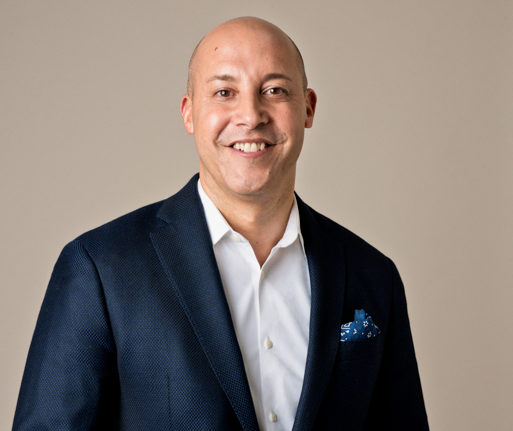Alan van Capelle is an innovative leader who has dedicated his strategic thinking and community organizing skills in service of the greater good. Alan’s career spans several sectors and industries, but is motivated by a common cause: to advance the goals of people on the margins and improve life for all. His diverse experience makes him a sought-after advisor by elected officials, business leaders, and nonprofit professionals. As president and CEO of Educational Alliance, Alan leads a network of community centers in Lower Manhattan, offering high-quality, multi-generational programs and services.
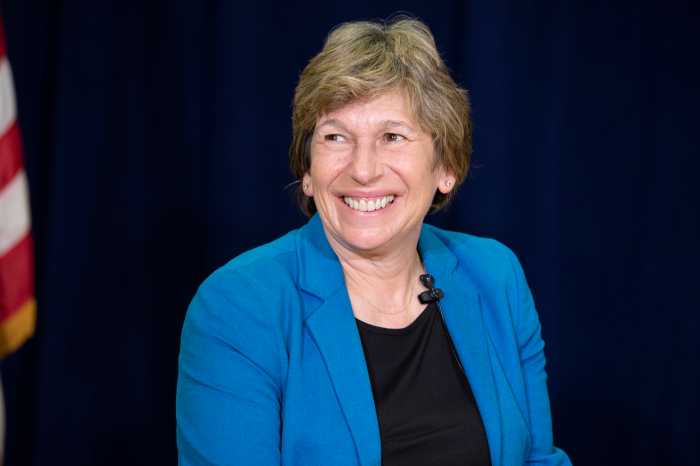
Randi Weingarten
President, American Federation of Teachers

Randi Weingarten is president of the American Federation of Teachers, AFL-CIO, a union of 1.7 million teachers, paraprofessionals, higher education faculty and staff, nurses and other health care professionals, government employees, and early childhood educators. Prior to her election as AFT president in 2008, Weingarten served for 11 years as president of the United Federation of Teachers, AFT Local 2, representing approximately 200,000 educators in the New York City public school system, as well as home child care providers and other workers in health, law, and education.
What can New York policymakers do to ensure equitable access to quality education?
The fight for adequate and equitable funding has been waged for decades. When I taught in the 1990s I scavenged for what I and my students needed. The buildings were in terrible shape and our academic resources were sorely lacking. That is what the CFE lawsuit and campaign, which started in the early 1990s, was intended to address. It’s been a long haul through the courts and the legislature and it’s been a march for progress that’s taken all of us. Between the work that the state legislature has done and Governor Kathy Hochul plus President Biden’s American Rescue Plan, we’ve gotten budgets in the last two years that have made real progress. The fruits of this include the class size initiative just signed by the Governor. You see this funding as well in teacher centers like the one I visited in Washington Heights, community schools with wraparound services, computer labs, sports teams and better salaries to alleviate shortages. All of this is about ensuring kids have a decent and equitable education.
What conditions or resources are conducive to a safe and effective learning environment?
We need a safe and welcome environment that enables us to focus like a laser on instruction this year. Teachers’ working conditions are students’ learning conditions. If you look at any Donors Choice wish list, you’ll see teachers want materials and supplies that help kids. They want books, which is why we’ve given away over 700,000 free books to schools just this year. They want the learning conditions students need to succeed — like emotional and social supports such as guidance counselors, paraprofessionals, and nurses. We want time to help kids focus on and master the basics while at the same time learning both practical skills and critical thinking. That means project-based instruction and extra and co-curricular activities, lowering class sizes, more classroom space, and less paperwork and micromanagement so educators have time to actually help teach kids the skills and knowledge to think critically.
Describe a learning experience from your own education that stands out.
When I think of my education, I think often of extracurricular activities that shaped me; student groups and clubs, sports and music and drama assisted by adult advisors were important when I was in high school and they’re even more important today. These are the ways we help our young people build relationships, learn resilience and problem solving, critical thinking, and a whole array of practical skills. I will never forget the friendships forged and skills I learned, much less the joy and pressure of being the stage crew and the production manager of our school plays in high school. Being part of that community, learning to work as a community, was a highlight of mine in high school.
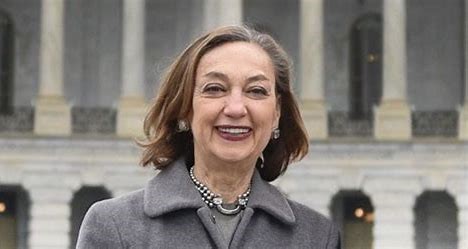
Janice Weinman
CEO, Education Through Music

Dr. Janice Weinman, CEO of Education Through Music, has an accomplished career spanning five decades in the top leadership positions of international and national not-for-profit organizations. She has served in two presidential administrations in addition to state and local governments. Her expertise and experience center around education, women’s issues, the arts, and humanitarian outreach and relief. In the course of her career, she participated in the re-authorization of national education legislation, the establishment of statewide educational assessment programs, ground-breaking work on single-sex education and numerous articles on education through music.
What can New York policymakers do to ensure equitable access to quality education?
New York policymakers need to focus on the equal distribution of funds to all schools regardless of their zip code. They also need to support the arts in public schools as a core subject for students from under-served communities and in under-resourced schools so that they can benefit from the motivation, sense of joy and interest in learning that the instruction in the arts can provide.
What conditions or resources are conducive to a safe and effective learning environment?
Curriculum that recognizes the diverse backgrounds of all students so that they can identify with the material being taught and feel comfortable in the school environment. Curriculum that also addresses the social and emotional learning challenges that students have so that they can overcome the academic and developmental losses experienced as a result of the pandemic.
Describe a learning experience from your own education that stands out.
I attended the High School of Music & Art — a public school that encouraged musical and artistic development. We all learned from, and shared with, one another the talents we brought to our schooling. It was invigorating, collegial, motivational, and deeply gratifying because we all had something to contribute to the overall instruction that we received.
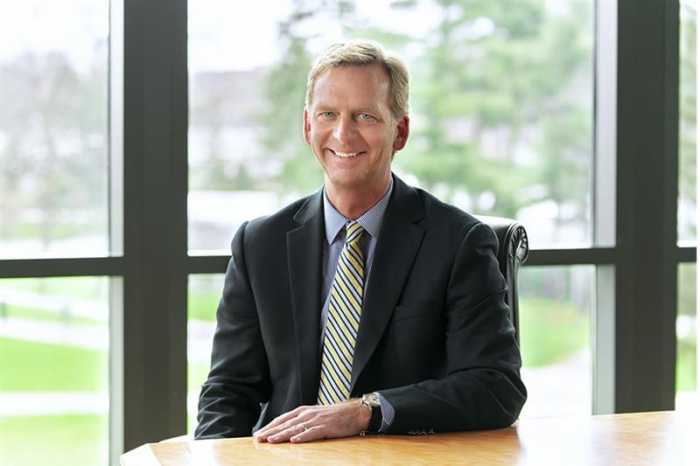
Kevin Weinman
President, Marist College

Dr. Kevin Weinman became president of Marist College in 2021 after serving as chief financial and administrative officer at Amherst College. Weinman’s academic and professional careers combine scholarship in the history of urban planning and public policy with extensive financial and administrative leadership in the private and higher education sectors. In his first year at Marist College, Weinman has advanced access, equity, and excellence on the campus and led the recruitment of the largest and most diverse and dynamic cohort of new faculty in the College’s history.
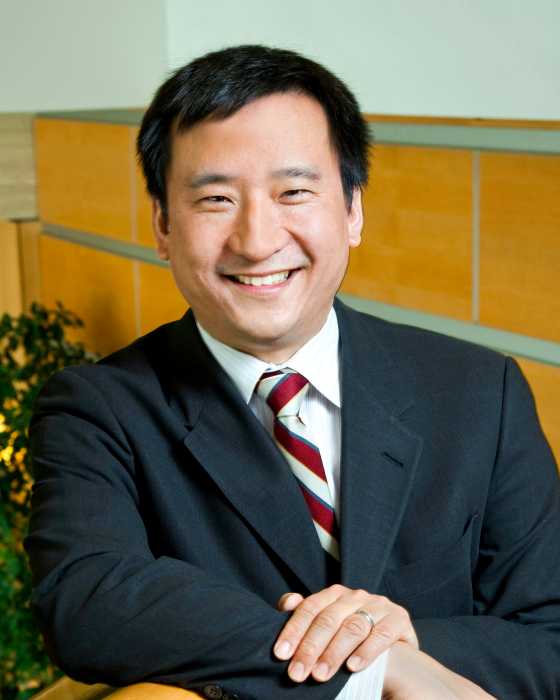
Frank H. Wu
President, Queens College

Frank H. Wu was appointed in 2020 as president of Queens College, the first CEO of Asian American descent at a CUNY college in Queens. He was chancellor and dean of University of California Hastings College of the Law and dean of Wayne State University Law School. He taught law for a decade at Howard University and was the first Asian American in these roles. He won the John Hope Franklin Award for advocacy on behalf of people of color, women, undocumented immigrants, and LGBT+ causes.
What can New York policymakers do to ensure equitable access to quality education?
The most important thing that we can do as a society to promote access to education is fund it. People want to learn. Education is the engine of the American Dream. The primary impediment holding back smart hard-working folks from higher education is the high cost. Support for students is an investment, not charity; it pays back dividends that are tangible. Education should be considered a public good, not merely a private benefit.
What conditions or resources are conducive to a safe and effective learning environment?
Students need to feel that even as they are challenged, they are being supported to succeed. The recent resurgence in open and extreme racism, antisemitism, and prejudice divides us as a society and it especially threatens communities being targeted. The “tone from the top” must welcome all peoples who yearn to improve their lot in life. That means genuine effort must be invested in programs addressing bias.
Describe a learning experience from your own education that stands out.
A high school teacher encouraged me to write. She gave me a copy of Rilke’s Letters to a Young Poet. Even now, I regard myself as a writer with a day job. To be able to write, like giving a speech, is crucial for taking on any leadership responsibilities. Teachers have such an important influence. We may not realize that until much later in life.
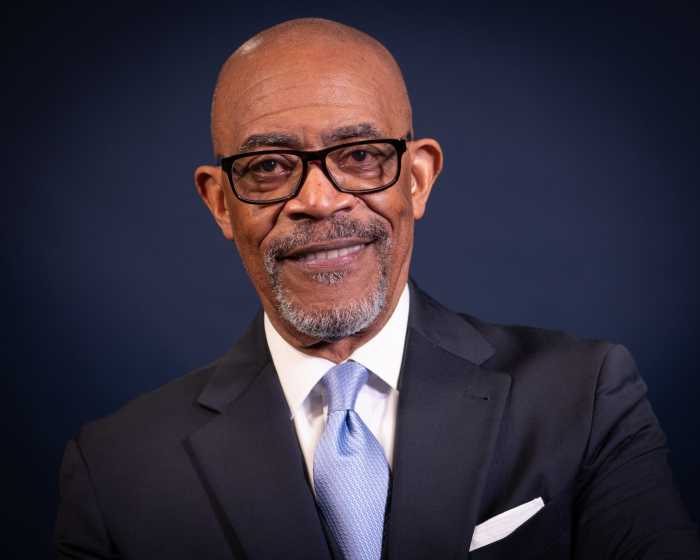
Lester W. Young, Jr.
Chancellor, New York State Board of Regents

Lester W. Young, Jr., is the chancellor, Board of Regents, University of the State of New York. In this capacity, Dr. Young leads and serves as the presiding officer of the Board of Regents, which is responsible for the supervision of all educational activities within the State. He also presides over the University and the New York State Education Department. Dr. Young is a lifelong educator and has worked in public service for five decades, serving on the Board since 2008. Dr. Young also serves on the New York State Juvenile Justice Advisory Group.
What can New York policymakers do to ensure equitable access to quality education?
Policymakers should work to ensure that all NYS students have access to safe, supportive, and nurturing learning environments. These culturally responsive sustaining environments treat cultural differences (including racial, ethnic, linguistic, gender, sexuality, and ability) as assets for teaching and learning. Additionally, policymakers should ensure access to high-quality, diverse teachers and district/school leaders that are well prepared, supported, and know their students and how they learn.
What conditions or resources are conducive to a safe and effective learning environment?
Resources are needed to create rigorous, personalized learning experiences and opportunities that enable all students to achieve successful academic and career outcomes — regardless of their race, ethnicity, languages spoken, gender, sexuality and ability. A district’s curriculum should identify the learning outcomes and core competencies that students must demonstrate before advancing to the next level. A well-articulated curriculum provides teachers, students, administrators, and parents with a plan and structure for delivering quality education.
Describe a learning experience from your own education that stands out.
I always remember the supportive and caring relationship with a specific high school teacher. This teacher took the time to get to know the class and made a point of emphasizing our strengths during class discussions. As a result of this significant relationship, I not only felt better about school, I was motivated to work harder. The harder I worked, the better I performed.


